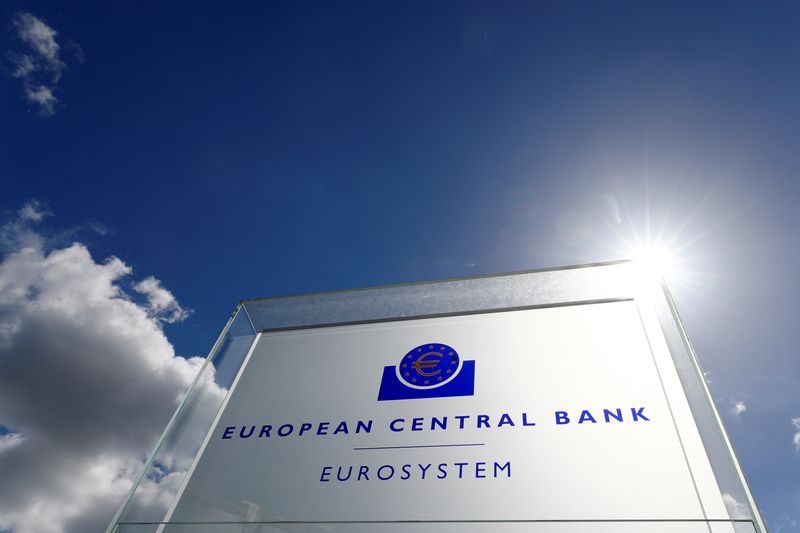By Anne Kauranen and Balazs Koranyi
HELSINKI/FRANKFURT (Reuters) – The European Central Bank is making progress in lowering inflation to 2% but needs more evidence before rate cuts come on the agenda and policymakers should wait “a bit longer” rather than move prematurely, Finnish policymaker Tuomas Valimaki said.
The ECB ended its quickest interest rate hike cycle in September and with inflation now slowing, the topic of policy easing is creeping up the agenda, though investors and policymaker differ greatly on the timing of the first move.
“It’s better to wait a bit longer than doing a premature exit from this restrictive level, and then perhaps to having to do a reversal,” Valimaki, a Bank of Finland board member, said in an interview.
“We need to avoid declaring victory over inflation prematurely. It would be better to wait and see how data on wages develop,” Valimaki added. He is a temporary but voting member of the ECB’s Governing Council who is sitting in for Governor Olli Rehn while he is campaigning to become Finland’s next president.
Several key euro zone countries are setting wages in the coming months and ECB chief economist Philip Lane has said the ECB would have crucial data by its June meeting, a hint taken to suggest no rate move until then.
But investors are betting on a much quicker reversal and see 150 basis points of rate cuts in the record-high 4% deposit rate, with the first step coming in March or April.
Valimaki declined to endorse any calendar for policy action but said he has seen no wage data so far that would suggest the ECB’s own December projections and rate outlook would be incorrect.
Aggressive rate cut pricing could in fact push back rather than bring forward ECB action because looser financing conditions, already evidenced through lower service costs on floating rate mortgages, could even lift the inflation path.
“But this is dependent on our forecast being more correct than those of the market, and that’s certainly what we believe in,” Valimaki said.
The bloc suffered weak, possibly negative growth in the second half of last year but Valimaki said he was still betting on a “soft landing,” or a rebound this year after a mild contraction, even if risks are skewed towards a more negative outcome.
Weighing in on a key debate that could influence policy for years to come, Valimaki said the ECB should keep bond purchases and long-term loans to banks as permanent tools to provide liquidity to the financial sector.
The ECB is currently discussing its operational framework and its decision, due this spring, will impact how big the ECB’s balance sheet would be in a neutral setting and how banks could access central bank funding.
A key debate is whether the ECB should maintain a “structural portfolio” of assets, so there would be abundant liquidity in the system or if funding should be provided on an on-demand basis.
“In my view it is preferable to use both outright purchases and credit operations on a permanent basis to provide structural liquidity to the banking system,” Valimaki said.
Such operations could provide stable and well distributed financial liquidity across the euro zone, which is much more a bank finance based economy than the United States.
But the overall size of the ECB’s balance sheet will continue to shrink no matter which option the ECB picks and excess liquidity, now at 3.5 trillion euros, will continue to shrink for some time, Valimaki said.
(Reporting by Balazs Koranyi; Editing by Andrew Heavens)
